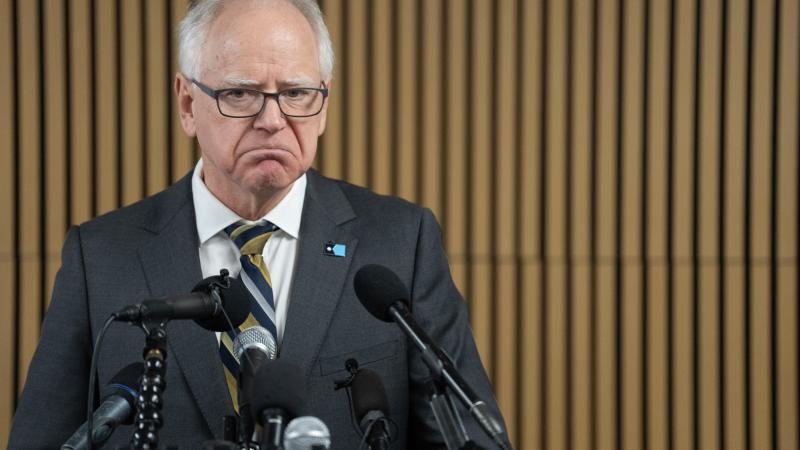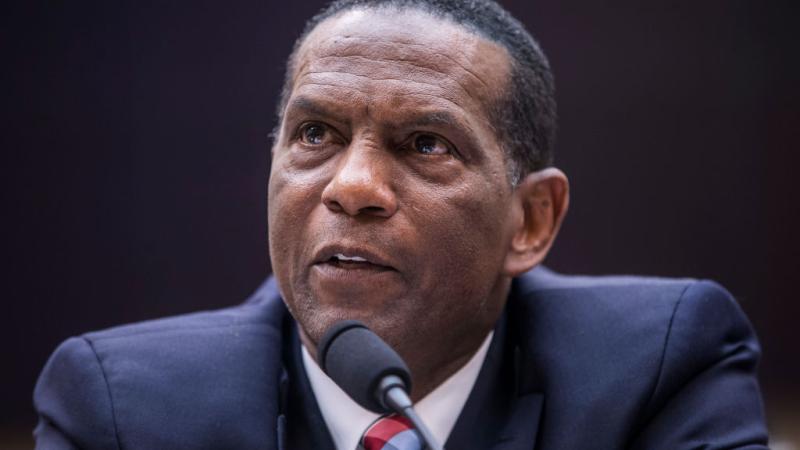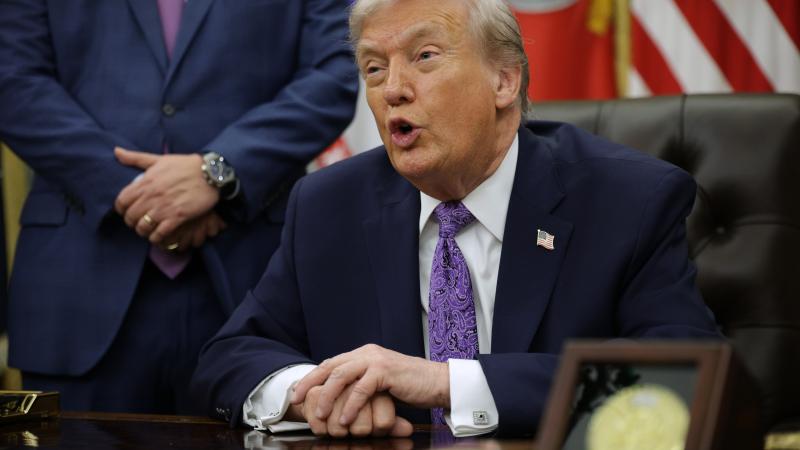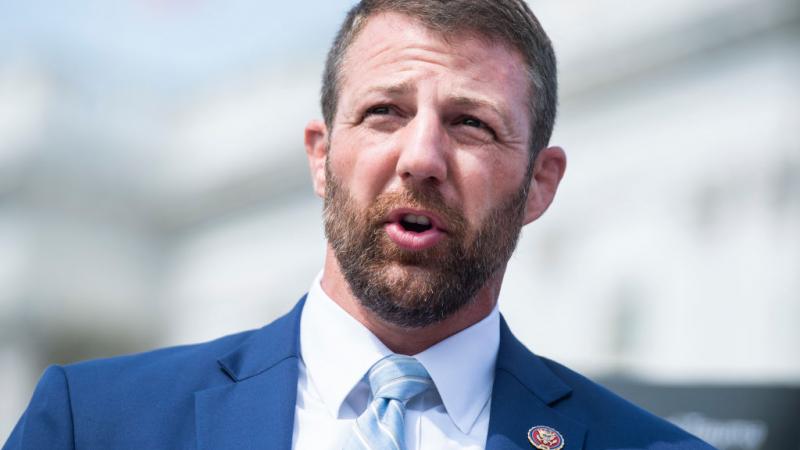Funding for new FBI headquarters riles some Republicans
Spending law Biden signed Sunday gives FBI $200 million toward its new headquarters in Greenbelt, Maryland.
The FBI is set to receive another $200 million toward its new headquarters – for which a site in Greenbelt, Maryland, was recently selected – should the latest omnibus spending bill pass.
FBI appropriations have become a somewhat partisan issue. The FBI has been asking for a new headquarters for years, but due to beliefs among conservatives that the FBI has targeted anti-abortion groups and other conservatives for their beliefs, Republicans are reluctant to allocate more funding to the Bureau.
Rep. Mary Miller, R-IL, posted a graphic on social media platform X, later reposted by the Republican House Freedom Caucus, listing seven items in the spending bill she opposed. Among objections to the Biden administration’s immigration policies, funding for the World Health Organization, taxpayer funded abortion clinics, and the $200 million set aside for the new FBI headquarters.
In addition to their concerns about the FBI unfairly targeting conservatives, some Republicans – like Sam Perry, R-PA, who led a subcommittee hearing into the headquarters' site selection process – see the decade-plus site search as emblematic of the bureaucracy, inefficiency and waste that conservatives continually call out in government.
After narrowing its list of 35 possible sites down to three in 2014, funding stalls, administration changes and other complications prevented the General Services Administration from making a final selection until November 2023.
However, some, like Perry, see in the selection itself further evidence of the same problems that seem to have plagued the process from the beginning. The GSA chose Greenbelt against the unanimous opinion of the site selection panel (which included members of the FBI) for Springfield, Virginia.
The Greenbelt site is partly owned by the former employer of the woman who ultimately made the decision, causing some, including FBI Director Chris Wray, to suggest a potential conflict of interest.
The House hearing was held in December and was followed up a week later with requests for further information from the FBI and the GSA.
















